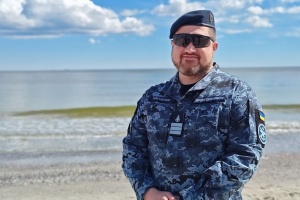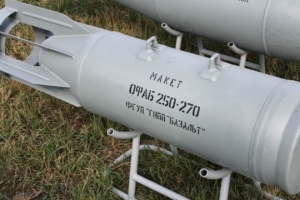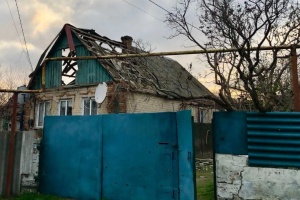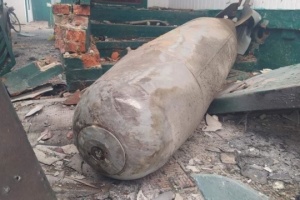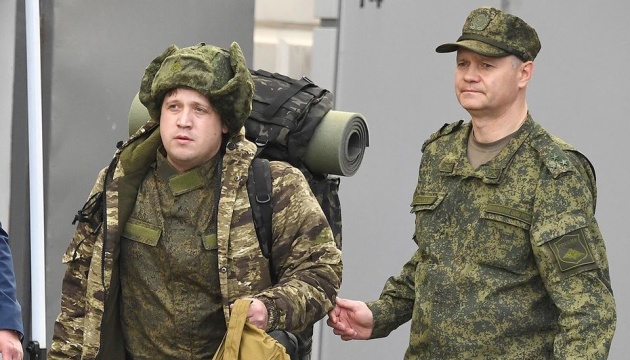
Russia forming territorial defense units to support “liberation” of Kursk region - ISW
That’s according to the Institute for the Study of War (ISW) think tank, Ukrinform reports.
The latest report by ISW analysts notes that on August 29, Kursk region’s governor Aleksey Smirnov publicly announced the creation of the "BARS-Kursk" (BARS stands for the combat reserve of the Russian Army) volunteer unit, stating that its main function will be to "ensure security" in Kursk region and the resettlement of border villages in the unspecified future. Smirnov said the detachment would cooperate with the Russian military and the counterterrorism operational headquarters — which are overseeing the ongoing Russian response in Kursk Oblast — and will also provide humanitarian support for residents of border settlements. Smirnov stated that volunteers will sign six-month contracts, undergo training, and receive any "necessary" weapons to perform their duties. Kursk Oblast officials published a recruitment ad for the detachment on August 24. Ukrainian Kharkiv Grouping of Forces Spokesperson Colonel Vitaly Sarantsev reported that Russian authorities are also forming "BARS-Bryansk" and "BARS-Belgorod" detachments and that the three detachments will support the Russian Northern Grouping of Forces. Sarantsev estimated that the three detachments will be comprised of 4,921 volunteers in total.
"The formation of these new BARS (Russian Army Combat Reserve) volunteer detachments is consistent with the Kremlin's apparent strategy to avoid re-deploying experienced or combat effective units engaged in fighting in the Pokrovsk or Toretsk directions to Kursk Oblast due to concerns about slowing the tempo of Russian offensive operations in these higher priority directions," analysts believe.
The ISW notes that Putin has consistently relied on volunteer and irregular formations to alleviate Russia's manpower constraints during the war and has avoided declaring general mobilization or another round of partial mobilization, both of which would be incredibly unpopular among Russian society.
"Putin almost certainly remains extremely averse to declaring general mobilization and will likely continue to rely on irregular formations to address the ongoing Ukrainian incursion into Kursk Oblast until Russian offensive operations culminate in eastern Ukraine — at which point Putin may consider re-deploying more combat effective Russian forces from these directions to push Ukrainian units back across the border," the analysts wrote in the review.
As Ukrinform reported earlier, the U.S. Central Intelligence Agency believes Russia will launch a counteroffensive to try to regain territory in Kursk region that is now under Ukraine’s control, noting that this would be a challenging task for the Russians.


